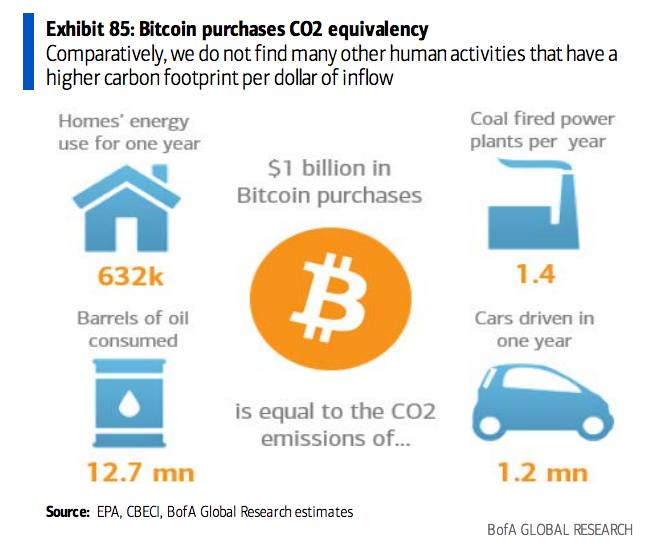This is Joseph.
Some of the recent political stuff has convinced me that there are some odd double standards between the left and the right. Consider England:
A former director of public prosecutions, steeped in the law, who called for the prime minister and chancellor to resign for breaking the rules, unwilling to confirm what he'd do if the same thing happens.
Instead Sir Keir has said if he's fined he'll resign.
This means he can reclaim - at least some - moral high ground and say the moral bar he set for others is the one he'll hold himself to.
The crime? Having lunch between work periods. The contrast, with Partygate, is stark:
Partygate In terms of scale, it’s pretty hard to argue that Partygate and Beergate were alike. The Partygate roster runs from May 2020 to April 2021. In total, 16 events were examined by civil servant Sue Gray for her report, 12 of which were also the subject of police investigation. Boris Johnson is reported to have been present for six of those 12 events. So far, he has been issued with a fixed penalty notice in relation to one incident, though there could be other fines in the future.
Beergate The incident took place on 30 April 2021, at the office of Durham MP Mary Foy. It’s the only occasion on which Starmer has been accused of breaking lockdown rules.
Now lets us go to the United States. This is worthy of a police investigation:
Susan Collins called the cops to investigate “defacement of public property” after an unknown person wrote a message in chalk on the sidewalk near her home asking her to codify Roe.
It will be curious to see if this is taken as seriously as other cases of chalk use. Just look at this terrifying scene as documented by Josh Marshall:
Everyone seems surprised that actions have consequences, even if this is as about as scary as a toddler on a tricycle. We are already past the "only a monster would leak a supreme court opinion" to "at least three conservative leakers". I wonder if the calls for punishment will increase or not, but it seems like equally bad regardless of the side leaking? But all of this seems more important than legislators dealing with chalk protests.
It feels like there is an asymmetry in the commentary here. On one side you have the overturning of a long standing court decision based on political preference (or at least I have yet to see a good argument for how stare decisis being overturned makes sense but see lots of comments to the contrary). On the other side you have people protesting a major change in the legal landscape of the country.
This is the lack of proportion that we see in the UK as well. The leader of the opposition might be fined after a deep dive into his movements revealed one potential breach, depending on disputed context. How many people could survive such a level of scrutiny? On the other side, you have a Prime Minister who actually passed the laws who had a serious of parties (16 incidents) and has already been fined. And yet which one has offered to resign?
It makes me worried about the ability of the press to focus on the key points. You may or may not think Roe versus Wade should be overturned, but the leak is not the biggest story (and the follow-up stories make it look like a conservative ploy to distract). The biggest story is the overturning of a prominent case that not only overturns a long established right but is also an non enumerated right and there are some of those that people also hold dear (Loving, Griswold, Obergerfell). Consider:
The leaked draft opinion seemingly puts several other constitutional rights squarely in the court’s crosshairs. As Mark Joseph Stern argued, Alito’s broadside attack against “unenumerated rights” that aren’t “deeply rooted” in American history could be deployed against the right of same-sex couples to be intimate or to get married. Like the right to decide to have an abortion, the right of same-sex couples to be intimate or to get married isn’t explicitly mentioned in the text of the Constitution. There aren’t state constitutional provisions or state or federal court cases from the 1800s or early 1900s recognizing those rights either. And these other opinions, like Roe and Planned Parenthood v. Casey, are reasoned at a “high level of generality,” invoking concepts like dignity, destiny, and defining one’s own existence
Now maybe it is possible that abortion rights are special and that there is unlikely to be any further appetite for going after other rights. Or even that the new laws will be moderate. Maybe. But it does escalate the value of control of the supreme court in ways that are unhealthy, and I thought that before this change.
This is a new world, and for better or worse why is that not the dominant conversation?




